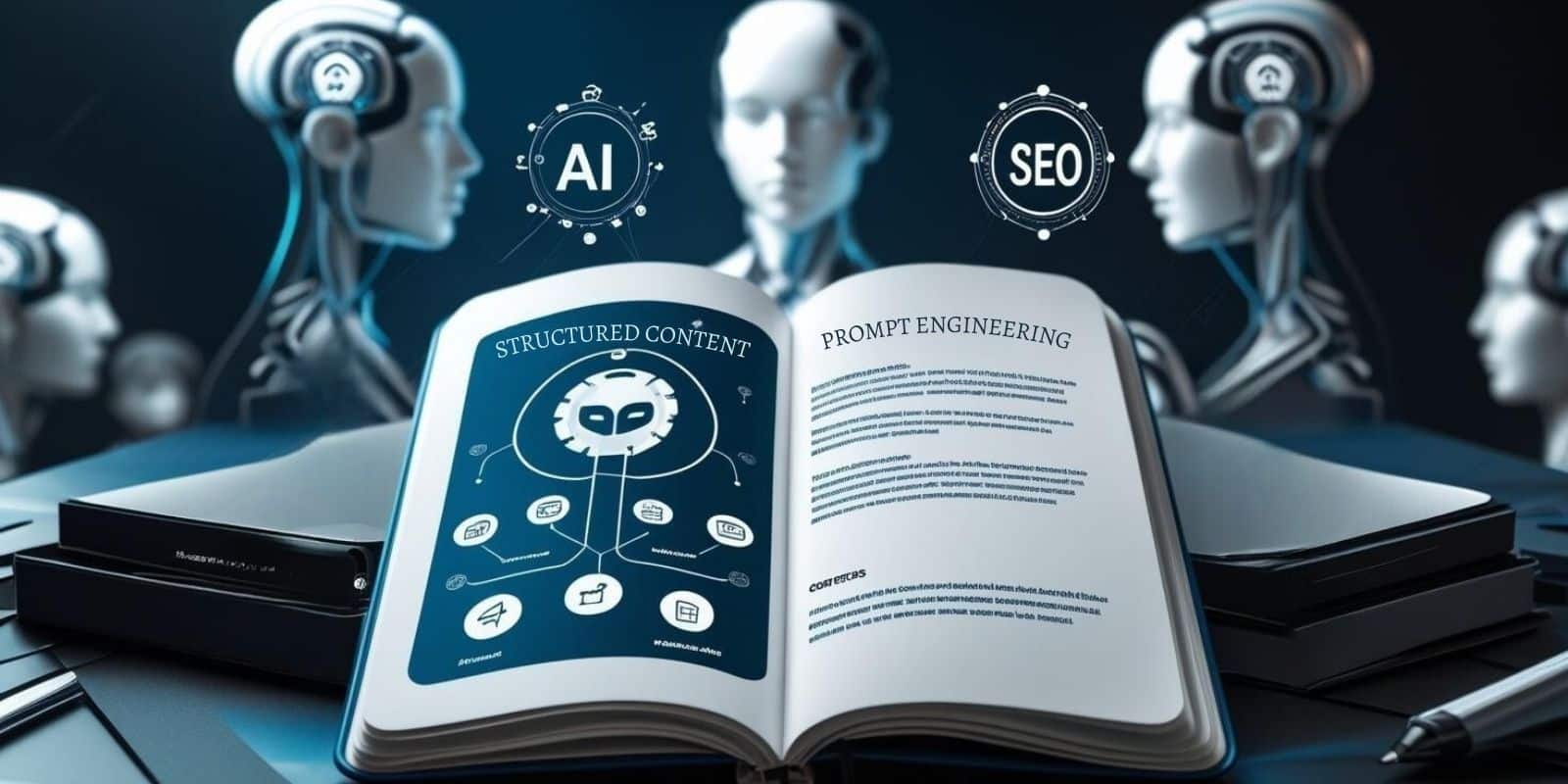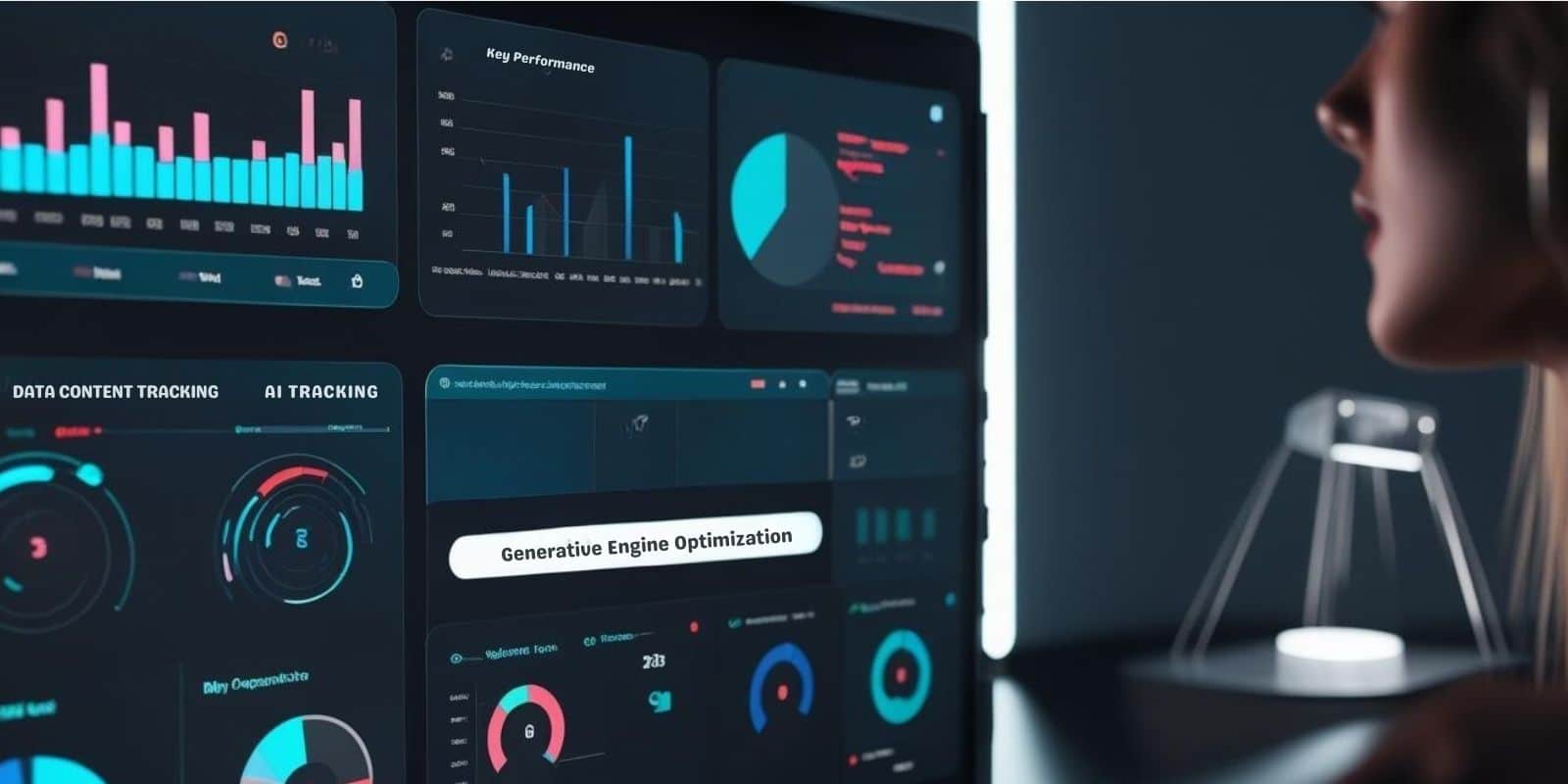Table of contents
What is SEO? - The simple definition
In this article, I will explain to you in a simple way how search engine optimization works for self-employed people and SMEs. Why is your website not being found on Google even though you have great content? The answer often lies in the question “What is SEO?”, but it actually makes the difference between online invisibility and measurable success: SEO. It’s about designing and building your website so that it appears as high up as possible on Google and other search engines when potential customers search for relevant topics, products or services..
An example: You are a tax consultant in Cologne. When someone googles “Steuerberater Köln”, you want your website to appear on page 1 – preferably at the top. SEO ensures that this is exactly what happens.
SEO can be roughly divided into three main areas:
- Technical SEO : Everything that has to do with loading times, mobile optimization, clean codes and structure.
- OnPage SEO : content, keywords, headings, internal links.
- OffPage SEO : Backlinks, i.e. links from other websites to your site.
These three areas are interlinked – only by working together can they achieve sustainable SEO success.
How SEO actually works
Google evaluates websites using a complex algorithm that takes over 200 ranking factors into account. The aim of the search engine is to provide users with the best and most relevant results.
The most important factors include:
- Relevant content : Does your site really offer the best answer to a search query?
- Structure and readability : Is your content well organized, understandable and mobile-friendly?
- Technology : Does your website load quickly, is it secure (SSL), does it work on all devices?
- Backlinks : Do other websites trust your site and link to you?
In short: SEO rewards quality, relevance and user-friendliness.
SEO explained simply: The three pillars of search engine optimization
If you are just starting out, this model will help you:
1.
Technical SEO
The basis: Your website must be properly programmed, secure, mobile-optimized and fast-loading. Tools such as Google PageSpeed Insights or Screaming Frog help you to identify technical weaknesses.
2.
Content & Keywords
The content of your site must be targeted and search engine friendly. This means:
- Use relevant keywords (such as: “tax consultancy Cologne” or “SEO for the self-employed”)
- Write for people, not just for algorithms
- Structure with H1 – H3 headings
- Build internal links to important pages
3.
Backlinks & Authority
If other websites link to your site, Google sees this as a sign of trust: the higher the quality of the link, the better. Tip:
- Writing guest articles on specialist sites
- Be listed in business directories
- Create content that is shared (e.g. whitepapers, infographics)

SEO for the self-employed and small businesses
SEO offers enormous opportunities for self-employed people and SMEs in particular – especially in comparison to expensive online advertising.
Why SEO is particularly important for the self-employed
- Paid ads disappear immediately when you stop paying – SEO brings long-term visibility. ( more about Google Ads )
- Your target group actively googles for solutions – with SEO you will be found right there. ( more about target group analysis )
- Local visibility can be increased with SEO: keyword local SEO (“e.g. dog trainer Munich”). ( What Local SEO means )
First SEO steps without an agency:
- Define your target keywords: What do your customers type into Google?
- Create content for these search queries: blog articles, landing pages, FAQs.
- Optimize existing pages: title, meta description, headings, internal links.
- Utiliza las herramientas gratuitas: Google Search Console, Ubersuggest, Screaming Frog .
Tip: A good first measure is to write a blog article on a specific topic – such as: ” 5 tips for more visibility as a tax consultant “.
Why SEO pays off in the long term
SEO is not a quick fix – but a powerful lever for sustainable growth. (Here is an important blog article for you: ⇒ SEO is a process, not a sprint ). The advantages:
- Cost savings : No permanent budget for ads necessary
- Trust & authority : Those who rank high on Google are perceived as experts
- More reach : Even without social media
- More qualified leads: You will be found exactly when someone has a problem – and you offer the solution.
The most common SEO mistakes - and how to avoid them
Many websites fail because of the same basics. The most common stumbling blocks:
- Keyword stuffing : Too many keywords, poor readability
- No structure : missing subheadings, no common thread
- Slow loading times
- Not mobile optimized
- No internal links
Use a checklist or an SEO audit tool to identify typical errors at an early stage.
SEO & content strategy: how everything is connected
SEO works best when it is part of your overall content strategy. This means:
- Plan content along the customer journey
- Create central topic pages ( Pillar Pages ) and link to them from blog articles
- Use a wiki or knowledge database to make your expertise visible
- Think in clusters: One topic – lots of suitable content around it
Conclusion: What is SEO? – Your path to digital visibility
- SEO is not a secret knowledge. It is a combination of technology, content and strategy. If you want to grow online as a freelancer or small business, you should understand what SEO is – and what it can do.
- With a little patience, a clear content strategy and the right know-how, you can stand out from the competition in the long term – without a huge advertising budget.
- Start small, but start strategically. SEO pays off – guaranteed.
You want to get started but need support?

Frequently asked questions about "What is SEO?"
What is SEO in simple terms?
SEO stands for search engine optimization and describes measures to make websites easier to find on Google – especially organically, i.e. without paid advertising.
How long does it take for SEO to take effect?
The first effects can often be seen after 2 – 3 months. For real results, you should allow 6-12 months – depending on the competition and the effort involved.
Do I need prior technical knowledge for SEO?
Not necessarily. You can implement many of the basics yourself – such as writing good content, using keywords and structuring your pages. When it comes to technology, it may be worth getting help.
What does SEO cost?
If you do it yourself: time. If you outsource it, from approx. 500 € per month, depending on the scope. Tools & training can cause additional costs.
Is SEO worthwhile for local providers?
Absolutely! Local SEO in particular helps you to become visible in your region – ideal for craftsmen, coaches, restaurants, doctors, etc.
About the author:
My name is Isabel Unger, I am a freelance digital strategist with a clear focus: visibility for the self-employed & small businesses.
My heart beats for SEO, content, structure – and for explaining complex things in a way that makes them understandable and feasible.
On ixtreme.online I share my knowledge, my experience and a lot of plain language – without any technical gobbledygook.

SEO for the self-employed – everything you need to know
How does your website finally become visible? In my comprehensive SEO guide, you’ll learn everything you need to know: from basics and typical mistakes to strategies for more inquiries.







